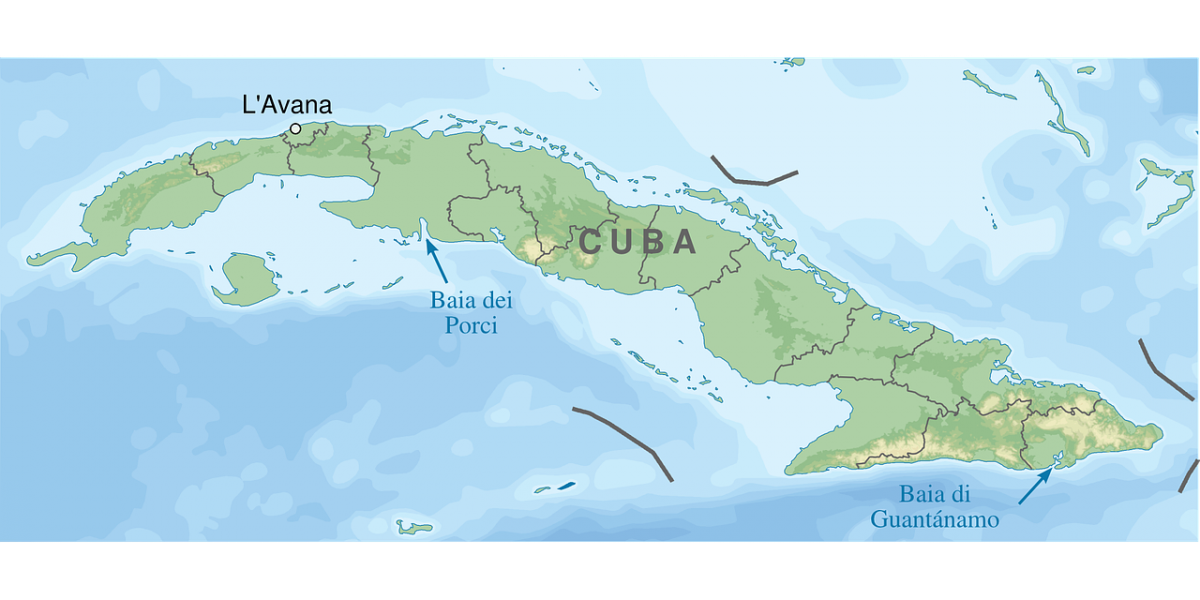The 1962 Cuban Missile Crisis brought two nuclear-armed nations, the United States and the Soviet Union, to the brink of catastrophic warfare. Soviet premier Nikita Khrushchev had assumed incorrectly that President John F. Kennedy would not attempt to counter the installation of Soviet medium- and intermediate-range ballistic missiles in Cuba that were capable of reaching and destroying many eastern US cities. Kennedy forced the issue, the Soviet Union backed down, and then removed the missiles. Just over 50 years later, on June 8, 2023, the Wall Street Journal reported that China has a new secret base in Cuba, after paying Havana a large sum of money for the site. The Biden White House and Pentagon immediately denied the Wall Street Journal story, calling it “inaccurate,” although days later it was forced to relent and admit the only inaccuracy in the article was that the Chinese base was “not new” and has been operational for some time.
Senators Warner and Rubio, leaders of the Senate Intelligence Committee, released a written statement last week saying “the United States must respond to China’s ongoing and brazen attacks on our nation’s security. We must be clear that it would be unacceptable for China to establish an intelligence facility within a hundred miles of Florida and the United States in an area also populated with key military installations and extensive maritime traffic.” The Chinese eavesdropping facility in Cuba, it has been learned, is 22 years old. Since then, China has added Chinese government-sponsored radio broadcasting from Cuba and other undisclosed capabilities. It is only part of the new Cold War story.
America’s critical infrastructure is at high risk, according to Miles Yu, a senior fellow and program manager of the China Center at the Hudson Institute. There are two high-profile countries that China pays close attention to, he says. Xi Jinping views both as the top enemies of the United States. One is North Korea; the other is Cuba. Both have been “first stops” for Chinese leaders when sending a message to the United States. In April 2001, after the EP-3 plane crash incident in which a Chinese fighter jet damaged a US reconnaissance place in international airspace, and forced it down on China’s Hainan, then-President Jiang Zemin refused to take phone calls from President Bush and then flew to Cuba. While there he composed anti-American poems.
A few years earlier, Che Guevara, sponsored by Fidel Castro, flew to Beijing where he was greeted warmly and given money and political coverage. China awarded Fidel Castro the 2nd “Confucius Prize.” The first was awarded to Vladimir Putin. Over the last two decades China has improved Cuba’s telecommunications infrastructure and signed several large arms deals. Miles Yu notes that “hanky panky” between Cuba and China is ongoing and serious. “…in March 2015, a Chinese government-owned container Costco container ship was caught by the Colombian port authority for secretly shipping large amount of banned arms to Cuba. That would include 99 rockets, 3000 cannon shells, 100 tons of military grade dynamite, 2.6 million detonators. And they’re all made by the Chinese defense giant, Norinco, and they’re all hidden at the bottom of the cargo ship.”
The Russian threat is in the open. The Chinese threat is subterranean, systematic, and more worrisome as Xi and the CCP plan for the future long in advance of open events. China is not only a threat 90 miles off the Florida coastline. The American public recently learned that Chinese high altitude surveillance balloons have been flying over the US for many years. In NY, so-called Chinese overseas police stations, have been active on American soil for a long time. Confucius Institutes flourished for many years on US college campuses. When shut down by some schools, they simply changed their name and continued their spy and influence operations. This week US Secretary of State Tony Blinken is in Beijing hoping to meet with leaders there to discuss Taiwan and other issues. Some analysts suggest not much will come of the meetings as the US continues to be played by the CCP leadership.
The reality is China’s economy is faltering. It needs the United States. World trust in the CCP is at a very low level and Beijing must save its financial institutions, including many banks that are deeply in debt. The country is in worse shape than its propaganda would suggest. That does not mean China will back down. Instead, the West can expect China to cater to Western banks by opening up its financial markets in hopes of a huge infusion of capital. If we do so, Miles Yu says “we’d become suckers again… we have to be very clear on what kind of game China is playing and should be realistic.” Along with Covid, China’s own statements of strategic intent, and its actions, have begun waking up the American public in recent years. Xi’s spy base in Cuba is only the latest in a long series of incidents that threaten US national security.
Daria Novak served in the U.S. State Department
